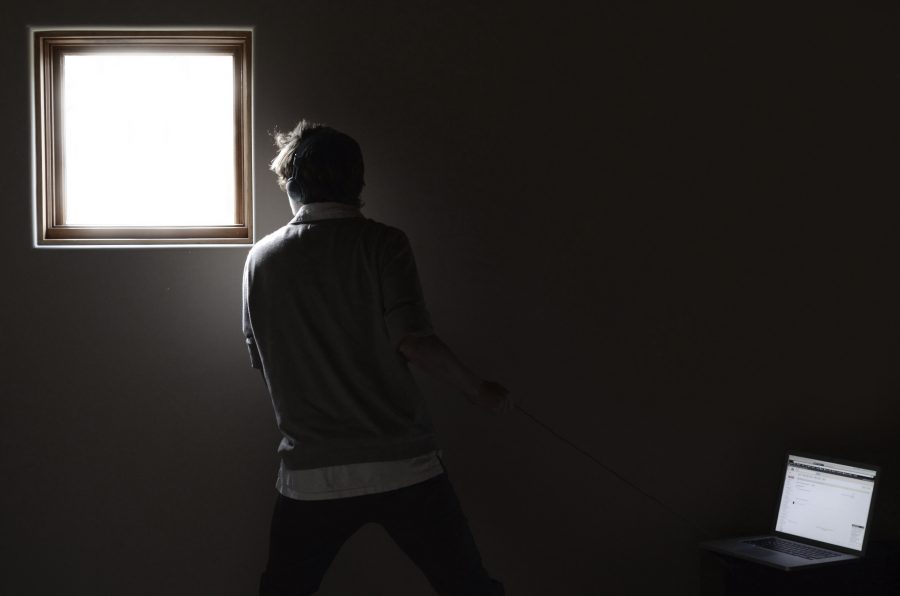Internet Addicts Seek Care in Chinese Center
Addiction comes in many forms. While many people are familiar with drug and alcohol addiction, the Chinese believe there is a new and dangerous form rising among their teenagers:
Internet Addiction.
The Chinese government officially recognized Internet Addiction Disorder, or IAD, in
2008, when a study conducted by the China Youth Association for Network Development found
that more than 24 million Chinese, aged 13 to 29 were addicted to the internet.
Hundreds of internet addiction treatment centers, like the Daxing Center, have opened
their doors to these Chinese teens. The Daxing Center, featured in the documentary
China’s Web Junkies, by Shosh Shlam and Hilla McDalia, not only disciplines the students, but educates their parents.
One therapist told parents, “Criticizing, accusing, blaming. You think these are the best
ways to make them change, reflect, and make progress?” He continued, “They know the
internet inside and out, but nothing about human beings.”
Parents are encouraged to stay at the Daxing Center with their children during the three
to four month stay. The center boasts a military style daily schedule mixed with therapy
sessions alongside absolutely no internet or electronic use.
Many parents were so concerned with the well-being of their children that they took
them to the center any way they could. One mother recalled drugging her son just to get him to
treatment.
A patient remembered his first day at the Daxing Center. “I felt there was something
sinister about this place, but the drillmasters dragged me in.” he said.
Although they are unhappy at the center, the patients being treated have suffered
physically and mentally because of their addiction, and many are in extremely unhealthy
conditions at home. One young boy described wearing a diaper while he played, while his
friend told the camera that he had once stayed at an Internet Café for three days.
Another young boy said that he, “stayed in [his] house and played the computer for one
month.”
Internet Addiction could threaten teens of the United States, as well. Sophomore Molly
Solan, originally from China, believes that she too could be addicted to the internet. “I do think
that it is a problem, and now that I’ve learned more about it, I’m starting to think that maybe I
am.” Solan continued: “I go on my phone all the time. In between classes, at lunch, even when
I’m hanging out with my friends.”
While the treatment of many patients in different treatment centers have come under
pressure, the Daxing Center is a safe space for recovering addicts. ABC News reported that a
treatment center in the Guangxi province of China found one of their patients dead after
multiple teachers had beaten them to death.
The New York Times also recently reported that many camps were using the
controversial electroshock therapy to treat internet addiction. The newspaper wrote of a camp
in the Shandong province where one of its patients, “killed her mother in retribution for the
abuse she had purportedly suffered at the camp.”
The Chinese government is still working on regulating the treatment that occurs in many
of the treatment centers, but is still focused on ridding their teens of the dangerous, and
sometimes life threatening addiction.
Tao Ran, an Addiction Specialist and Director of the Daxing Center, will continue to treat
Internet Addiction the best ways he can. He remains concerned for the next generation of
Chinese children, and is determined to beat the “electronic heroin” that is internet addiction.
Ellie Wolfe is a senior from Northampton Massachusetts. In her free time, she enjoys going for runs and hanging out with her friends, and runs The Willistonian...












